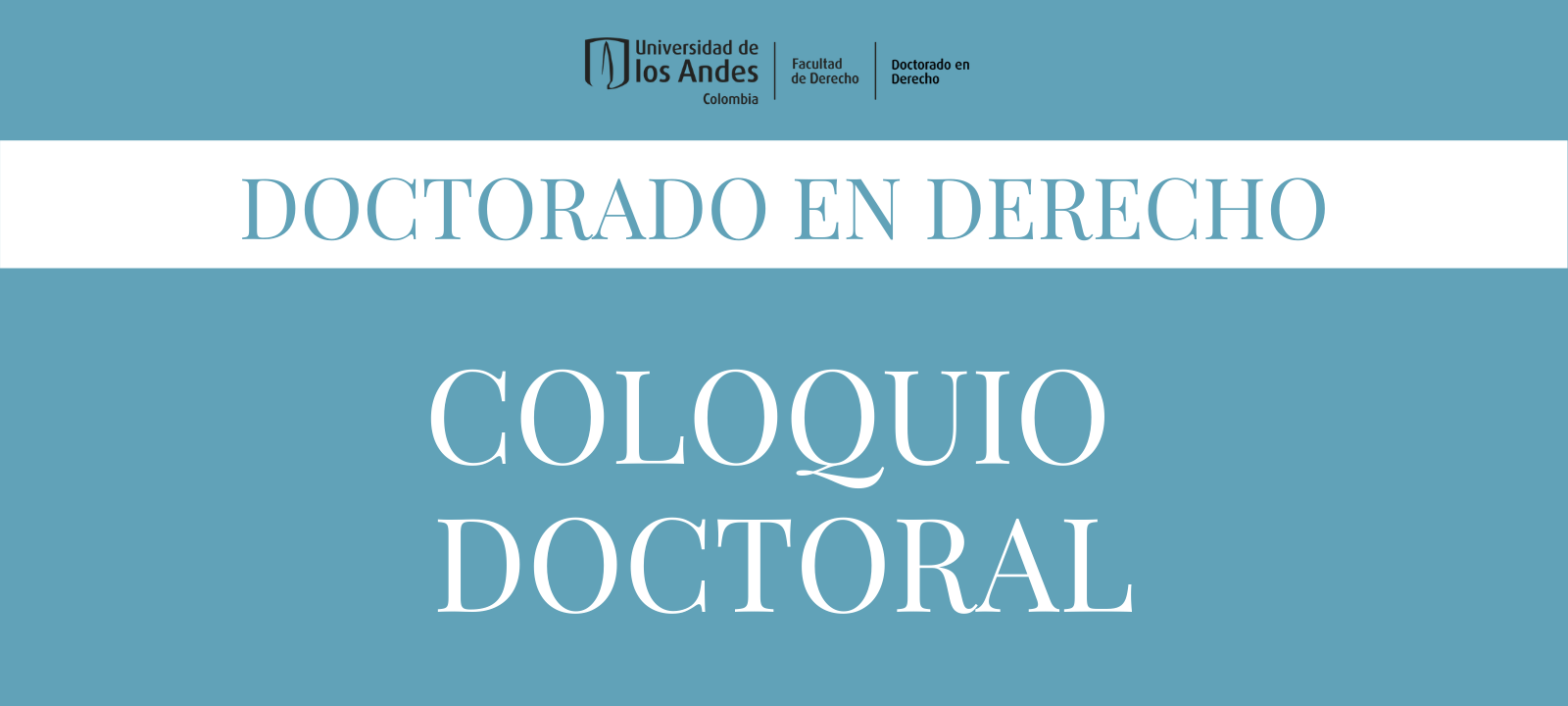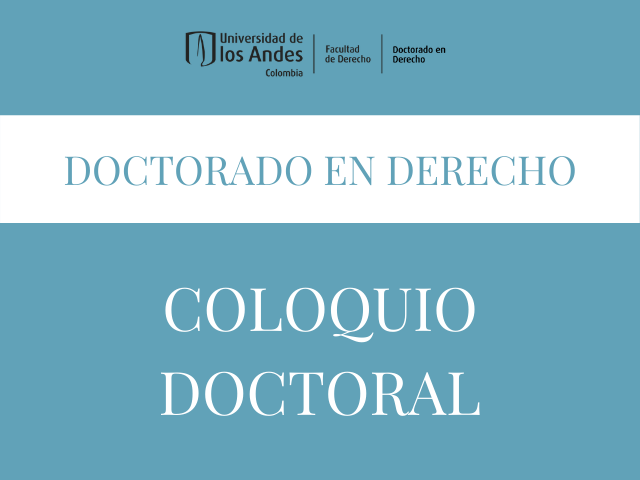Balancing Conflicting Conceptions of Justice in Taxation

Invitados: J.L.M. Gribnau, profesor de la Universidad de Leiden y de la Universidad de Tilburg y Sonja Dusarduijn, profesora de la Universidad de Tilburg.
Comentarista profesoral: Eleonora Lozano
Comentarista estudiantil: Francisco Londoño
Abstract
This paper elaborates on different conceptions of justice. Economic justice aims at correcting market outcomes to warrant a fair distribution of resources, whereas tax justice focuses on the fair distribution of the tax burden. Both elements of distributive justice have their own ‘domain-specific’ principles. These principles may collide. Hence, balancing both elements of distributive justice is necessary.
However, a balance also has to be sought between economic justice and legal justice and its core principles, such as legal equality, legal certainty and proportionality. Legal justice and economic justice pose diverging demands which the legislature should carefully balance. Unfortunately, hasty parliamentary decisions and political decisiveness often seem to prevail over respect for legal values and principles, such as legal certainty and equality. This has been explained with an example of Dutch tax legislation: the (rapid) evolvement of an instrumental incentive in the tax regulation for homeownership.
Tax regulations therefore require a more careful political reflection on the fundamental tension between the focus on ends which are external to the law and legal principles. Moreover, the use of tax legislation for external ends should also be balanced with tax law’s internal values and principles of tax fairness – foremost the ability-to-pay principle.
El link de acceso al evento y el link para descargar el texto de estudio los recibirás en el correo que registres en el formulario de inscripción.
Nota: la transmisión se realizará por Zoom Meetings. Te recomendamos descargar la aplicación con anticipación.

